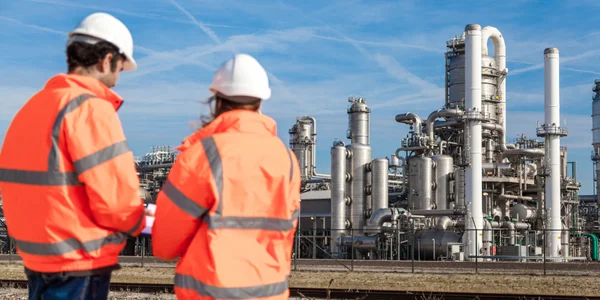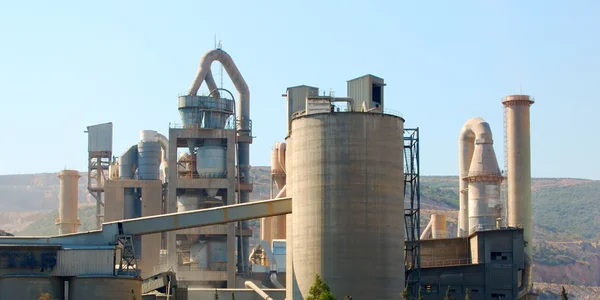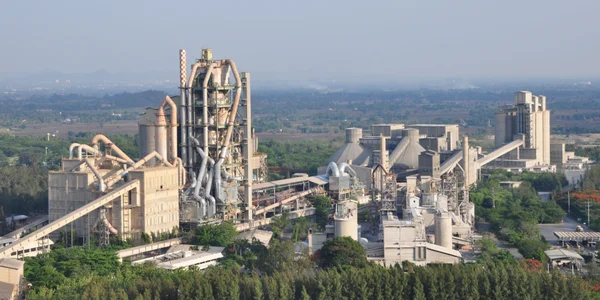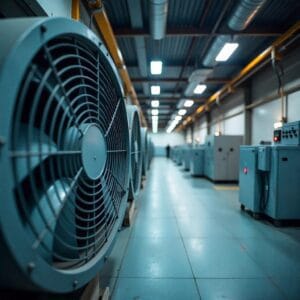Why Baghouse Filters Are Ideal for Cement and Mineral Plants ?
Bag Filters Use Cases in Cement Production Process
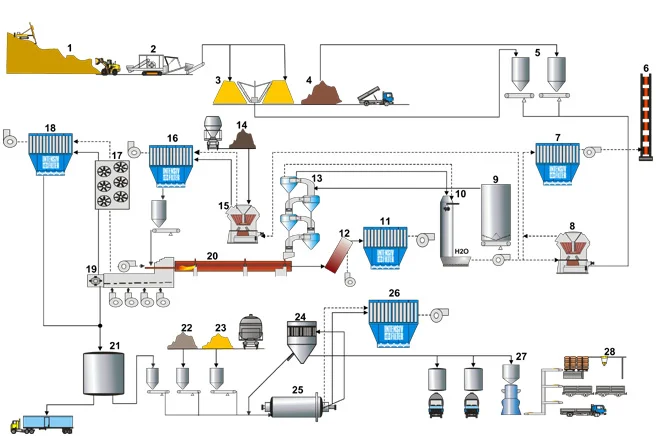
Ytterfilter
Spraytork
CIP-filter
Extern fluidiserad bädd
Fyllning
- 1. Stenbrott
- 2. Krossanläggning
- 3. Råvaruhomogenisering
- 4. Aggregat
- 5. Råkvarns utfodringssilo
- 6. Huvudstack
- 7. Påsfilter för ugn-/råkvarn
- 8. Vertikal råkvarn
- 9. Råvarumatningssilo
- 10. Gaskonditioneringstorn
- 11. Påsfilter för alkalibypass
- 12. Förbi blandningskammaren
- 13. Cyklonförvärmare
- 14. Råkol
- 15. Vertikal kolkvarn
- 16. Påsfilter för kolmalningsanläggning
- 17. Rörformig kylare
- 18. Påsfilter för klinkerkylare
- 19. Klinkerkylare
- 20. Roterugn
- 21. Klinkersilo
- 22. Gips
- 23. Mineraler
- 24. Separator
- 25. Cementbearbetningskvarn
- 26. Påsfilter för cementfräs
- 27. Förpackningsanläggning
- 28. Palleteringsanläggning
Nödvändig specifikation
Kiln & Raw Mill Bag Filter
Alkali Bypass Bag Filter
Typiska designdata | Ugns-/råkvarn |
|---|---|
Gasvolym | < 1 200 000 |
Gastemperatur | 85 – 110 sammansatt / < 250 direkt |
Typ av damm | CaCO3, CaO |
Resterande dammhalt | < 550 |
Innehåll av rågasdamm | < 10 |
Rengöring | online / offline |
Filtermedium | PEA, NX, PPS, PI, GL/PTFE |
Typiska designdata | Alkali bypass |
|---|---|
Gasvolym | < 800 000 |
Gastemperatur | < 250 |
Typ av damm | CaCO3, CaO, Alkali |
Resterande dammhalt | < 25 |
Innehåll av rågasdamm | < 10 |
Rengöring | off-line |
Filtermedium | PTFE-PI / GL-PTFE |
Coal Mill Bag Filter
Tubular Cooler Bag Filter
Typiska designdata | Kolkvarn |
|---|---|
Gasvolym | < 450 000 |
Gastemperatur | 80 – 110 |
Typ av damm | Kol |
Resterande dammhalt | < 250 |
Innehåll av rågasdamm | < 10 |
Rengöring | online |
Filtermedium | ÄRTA / PAN |
Typiska designdata | Rörformig kylare |
|---|---|
Gasvolym | < 1 600 000 |
Gastemperatur in | 250 – 350 |
Gastemperatur ute | 120 – 200 |
Clinker Cooler Bag Filter
Cement Finish Mill Bag Filter
Typiska designdata | Klinker kylare |
|---|---|
Gasvolym | < 800 000 |
Gastemperatur | 120 – 180 |
Typ av damm | Klinker |
Innehåll av rågasdamm | 10 – 30 |
Resterande dammhalt | < 10 |
Rengöring | online |
Filtermedium | PE/NX/PI |
Typiska designdata | Cementfinishkvarn |
|---|---|
Gasvolym | < 300 000 |
Gastemperatur | 80 – 110 |
Typ av damm | Cement, slagg |
Innehåll av rågasdamm | < 350 |
Resterande dammhalt | < 10 |
Rengöring | online / offline |
Filtermedium | PE / PEA |
Our Baghouse Filter Application for the Cement and Minerals
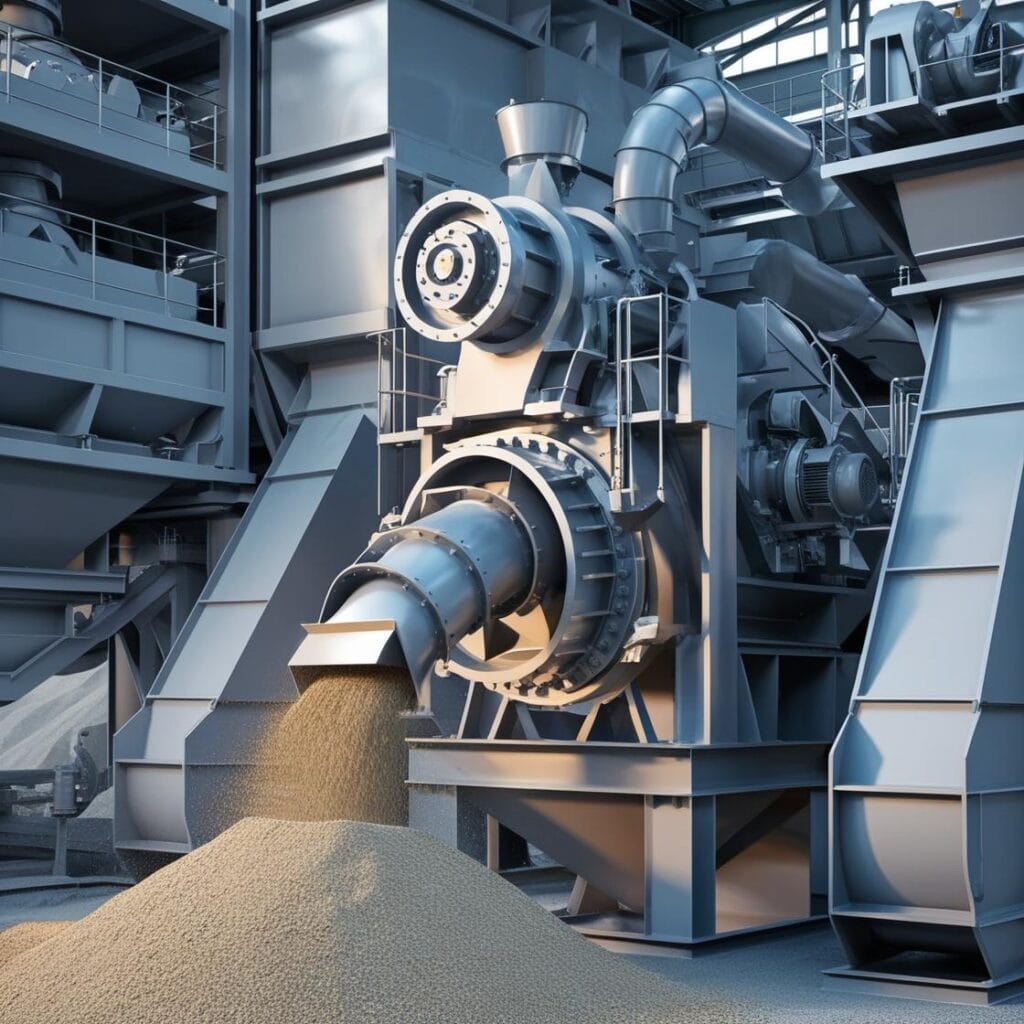
Kontrollerar damm som genereras från högenergiska krossnings- och malningsprocesser och fångar upp fina partiklar för att förhindra att de släpps ut i atmosfären.
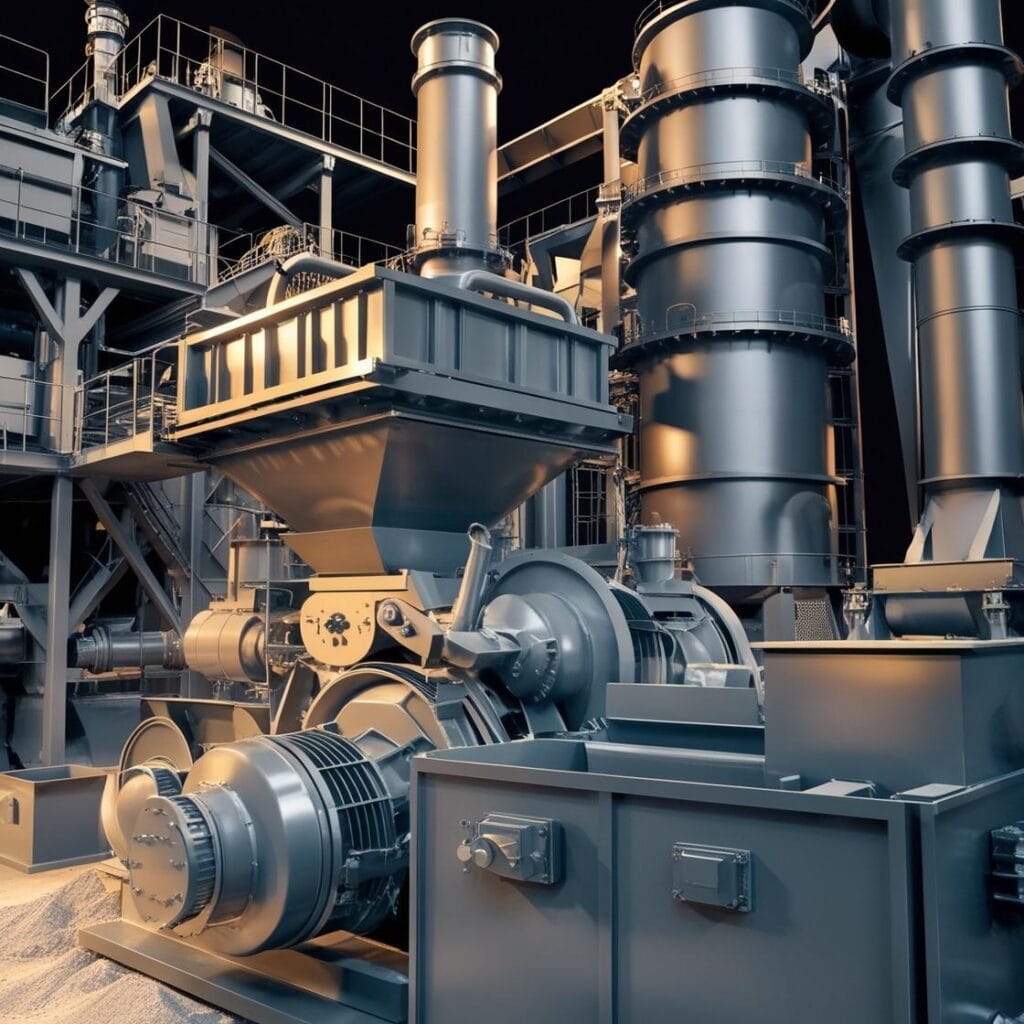
Minskar utsläpp från ugnsprocesser där råmaterial värms upp, vilket begränsar damm och andra luftburna partiklar som släpps ut under cementproduktionen.
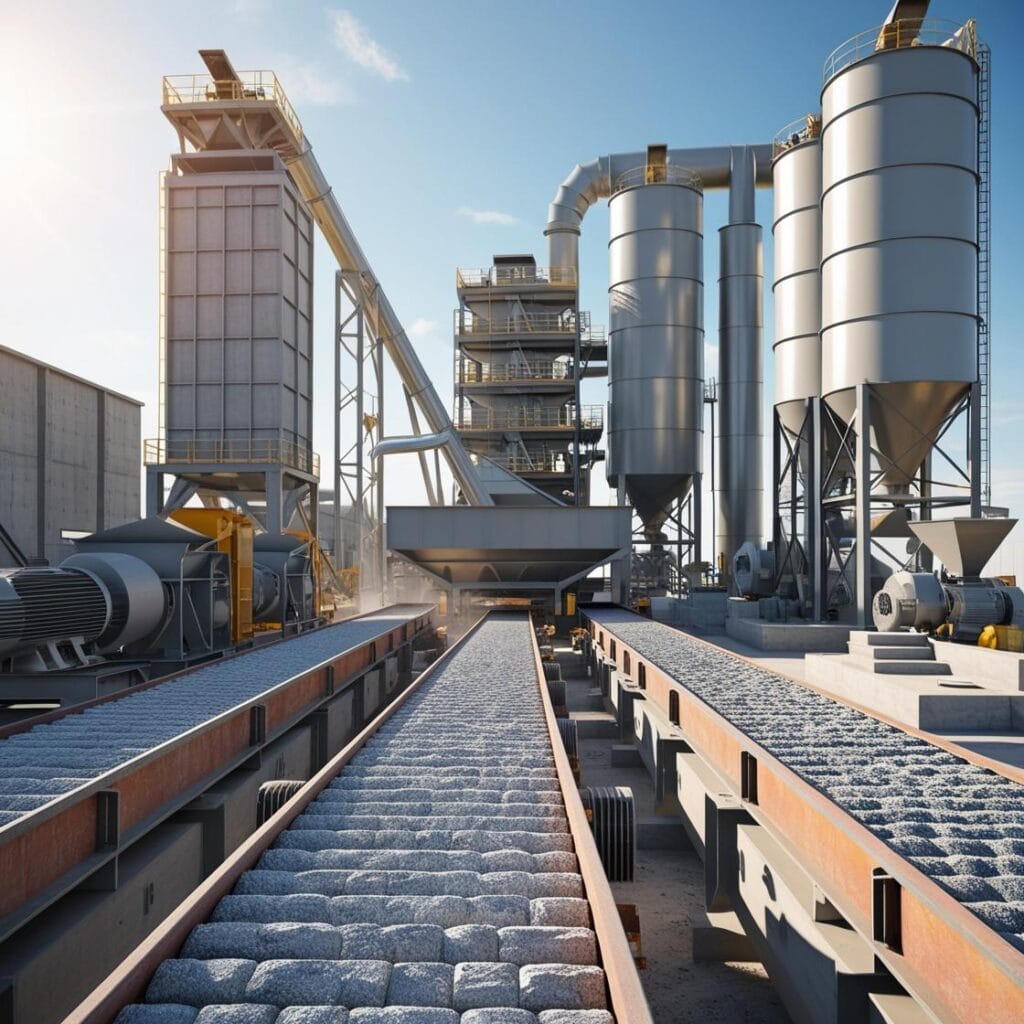
Fångar upp damm under transport av bulkmaterial, såsom kalksten och klinker, för att förhindra partikelutsläpp i lagrings- och transportfaser.
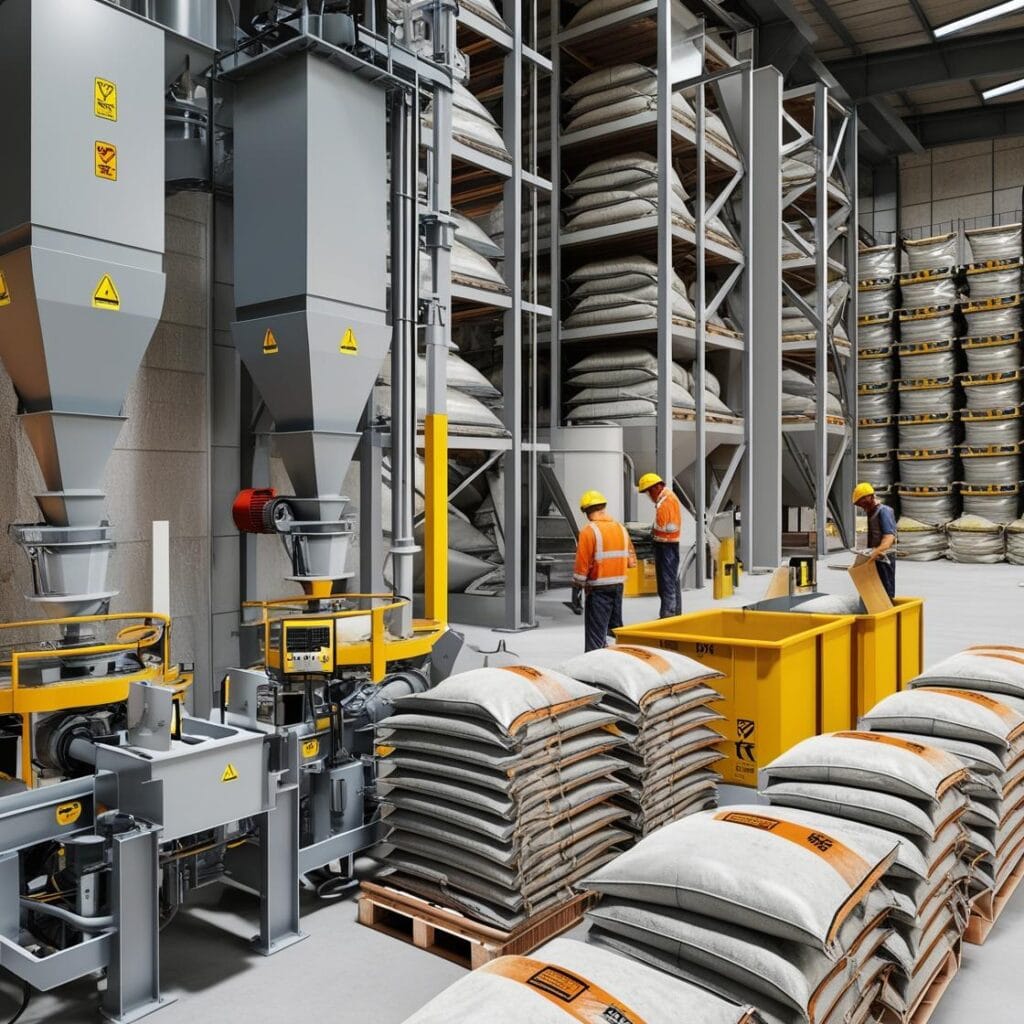
Minimerar dammutsläpp i produktförpackningar och förvaringsutrymmen, vilket säkerställer att färdiga produkter förpackas och förvaras i en föroreningsfri miljö.
Regelverk för dammkontroll |
|---|
Luftkvalitetsstandarder |
Arbetstagares hälsa och säkerhet |
Brand- och explosionsförebyggande |
Miljöskydd |
Utsläppsövervakning och rapportering |
Energieffektivitet |
Avfallshantering |
Produktkvalitet och konsekvens |
Minskade driftstopp och underhållskostnader |
Utmaningar med dammkontroll |
|---|
Höga dammnivåer |
Hälsorisker för arbetare |
Miljööverensstämmelse |
Brand- och explosionsrisker |
Problem med produktkvaliteten |
Utrustningsslitage |
Korskontaminering |
Luftkvalitetsöverensstämmelse |
Mikrobiell tillväxt |
Viktiga överväganden för effektiv dammkontroll |
|---|
Implementera effektiva dammuppsamlingssystem |
Korrekt luftflöde och tryckkontroll |
Temperatur- och fukthantering |
Högeffektiva filtreringssystem |
Regelbundet underhåll och inspektion |
Efterlevnad av branschstandarder |
Regelbunden bedömning av dammkontrollsystem |
Processspecifika anpassningar |
Riskbedömning och riskreducering |
Kontakta oss för expertkonsultation
Utforska våra andra tjänster!
Vanliga frågor
Inom cementindustrin är effektiva filtreringslösningar avgörande för att kontrollera dammutsläpp och säkerställa miljöefterlevnad. Vanligt förekommande filtreringssystem inkluderar filterpåsar, som använder tygfilterpåsar för att fånga upp fina partiklar från olika processer som ugnar, kvarnar och materialhantering. Dessa filter är populära för sin höga effektivitet vid borttagning av partiklar. Dessutom är avancerade filtreringslösningar, som de som erbjuds av Micronics, utformade för att möta cementindustrins unika krav, säkerställa efterlevnad av miljöföreskrifter och förbättra driftseffektiviteten.
Filtreringssystem förbättrar effektiviteten i cementproduktion genom att effektivt fånga damm och partiklar, minska slitage på utrustningen och förhindra blockeringar. Detta säkerställer smidig drift, minimerar driftstopp och förbättrar produktkvaliteten genom att förhindra kontaminering. Korrekt dammkontroll bidrar också till att upprätthålla regelefterlevnad, vilket minskar risken för böter och miljöproblem. Dessutom bidrar effektiva filtreringssystem till energibesparingar genom att optimera luftflödet och minska tryckfall i systemet.
Avancerade filtreringssystem inom cementproduktion hjälper till att minska luftföroreningar genom att fånga upp fina dammpartiklar och minimera utsläpp av skadliga föroreningar. De förbättrar luftkvaliteten, säkerställer efterlevnad av miljöföreskrifter och minskar industrins koldioxidavtryck. Genom att förbättra dammkontrollen bidrar dessa system också till arbetstagarnas hälsa och säkerhet. Dessutom stöder de hållbarhet genom att möjliggöra återvinning och återanvändning av råvaror, minska avfall och optimera energieffektiviteten i cementtillverkningsprocesser.

